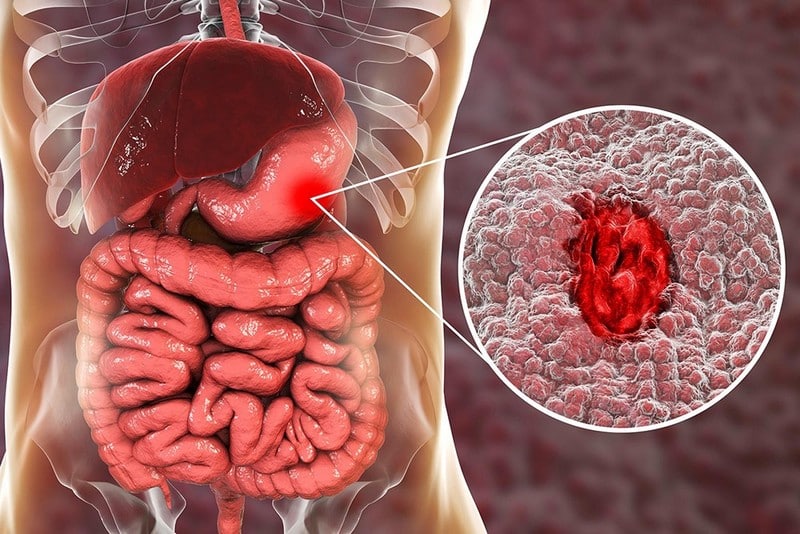Gastrointestinal Ulcers

Gastrointestinal ulcers are sores that develop on the stomach lining or small intestine. Various factors, including bacterial infections, stress, and medications, can cause ulcers. When left untreated, ulcers can lead to potentially serious health problems, including internal bleeding, stomach or intestinal wall perforation, and even death.
Gastrointestinal ulcers can lead to microcytic anemia in a few different ways. The ulcers can bleed, which results in microcytic anemia. Iron is necessary to produce hemoglobin, which makes red blood cells their color. When there isn’t enough iron for hemoglobin production, it can result in small, pale red blood cells. In addition, ulcers can also interfere with the absorption of vitamin B12, an essential nutrient that produces healthy red blood cells. Gastrointestinal ulcers can also lead to pernicious anemia, an autoimmune disorder that destroys healthy red blood cells before they have a chance to mature.
The most important treatment for microcytic anemia caused by gastrointestinal ulcers is to treat the underlying ulcer. This can be done with medications such as proton pump inhibitors or H2 blockers. These medications reduce stomach acid production, which will, in turn, heal the ulcer and relieve symptoms.










